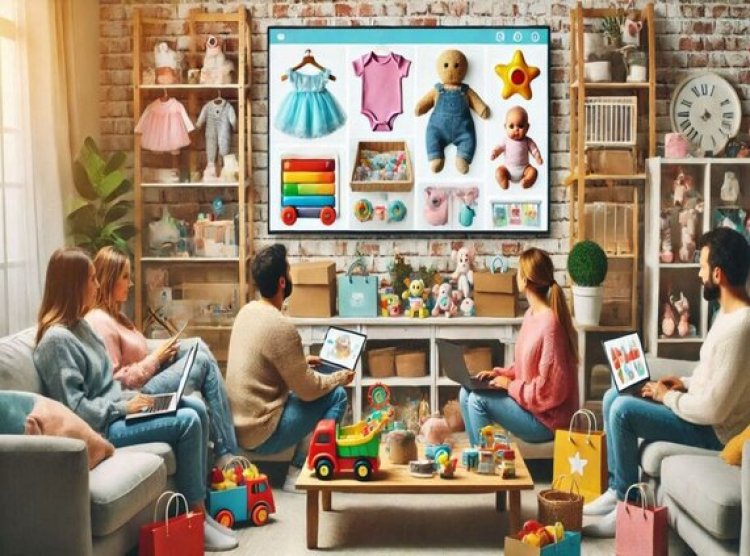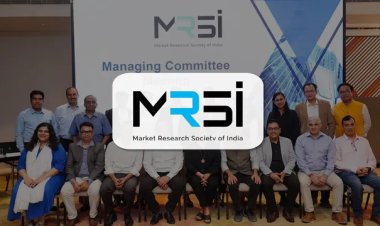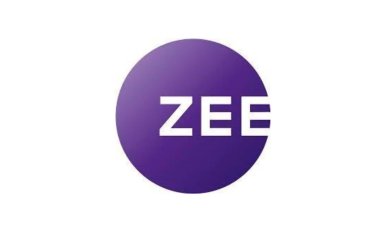Personalization Drives Growth in India's D2C Baby and Lifestyle Market
India’s D2C Market Thrives on Personalization: Baby Care and Lifestyle Brands Embrace Technology, Sustainability, and Hyper-Localization to Meet Evolving Consumer Expectations

The Direct-to-Consumer (D2C) model has experienced remarkable growth over the past decade, driven by changing consumer behaviors, advancements in technology, and the rise of e-commerce. Among the many sectors benefiting from this transformation, baby care and lifestyle products have emerged as leaders, showcasing rapid innovation and consumer-focused strategies.
India’s Booming D2C Market
Personalization has become the cornerstone of success in these segments, meeting the diverse preferences of Indian consumers. A report by Shiprocket, in collaboration with CII and Praxis Global Alliance, predicts that India’s D2C market will reach $60 billion by FY27.
Evolving Expectations of Indian Consumers
Modern Indian parents demand tailored baby care products, reflecting their values on safety and customization, while lifestyle consumers seek individuality. Rising disposable incomes and a growing awareness of quality and authenticityare shaping these preferences, making personalization a key driver of meaningful customer connections.
Technology’s Role in Personalization
Technologies like AI and machine learning enable brands to analyze consumer behavior, predict preferences, and deliver tailored solutions.
- Baby care brands use AI to recommend products based on developmental milestones.
- Lifestyle brands leverage AI to suggest items aligned with personal style preferences.
These innovations include personalized emails, curated recommendations, and dynamic pricing, enhancing consumer experiences.
Sustainability and Hyper-Localization
Sustainability is becoming central to personalization. Indian millennials and parents favor products with eco-friendly packaging, organic materials, and reusable options. By integrating sustainability into tailored offerings, D2C brands strengthen their bond with environmentally conscious consumers.
Hyper-localization addresses India’s vast cultural diversity. For baby care, this means offering products suited to specific climates or integrating traditional remedies. Lifestyle brands can cater to regional tastes by incorporating local motifs, fabrics, and colors, enhancing cultural relevance.
Influencer Marketing and Social Media Impact
Platforms like Instagram, Facebook, and YouTube are critical for personalized consumer engagement. Influencers in baby care provide trusted recommendations, while lifestyle brands showcase relatable uses of their products through collaborations.
Subscription Models and Future Trends
Subscription services are gaining traction, particularly in baby care, offering convenience with regular deliveries of essentials like diapers, baby food, and eco-friendly items. For lifestyle brands, subscription boxes curated around style preferences are growing popular.
In the future, AI advancements, AR-powered shopping, carbon-neutral shipping, and quick-commerce solutions will further transform personalization in D2C.
To Sum It Up
India’s D2C baby and lifestyle sectors thrive on personalization, blending technology, sustainability, and localizationto cater to consumer needs. While challenges like logistics and data privacy persist, the opportunities for innovation and connection far outweigh the risks. For brands willing to adapt, personalization is the foundation for trust, customer experience, and long-term success.

 sheetal
sheetal 










